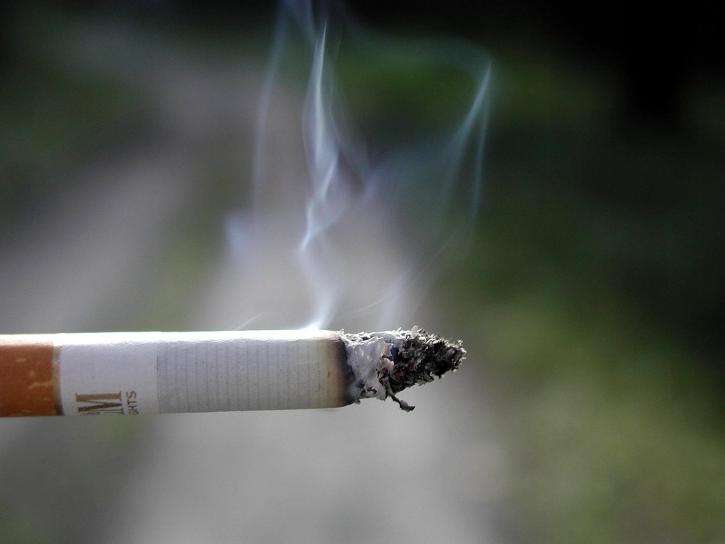How Malaysian teenagers justify smoking

Many young smokers in Malaysia start smoking when they are attending secondary school and rationalise that the benefits of smoking are greater than its risks, according to recent studies in the Pertanika Journal of Social Sciences & Humanities (JSSH).
Substance abuse involves the misuse or overdose of harmful substances such as tobacco, alcohol and drugs. Although such acts are prohibited in Malaysian schools, research suggests that some adolescents start experimenting with these substances when they are still in school.
In one JSSH study, researchers asked 1,800 students between the ages of 12 and 17, who were from 18 secondary schools in five states of Malaysia, how they perceive substance abuse. The study focused on the perception of peers, rather than whether or not the respondents engaged in the activities themselves.
The team found that the most common forms of substance abuse were smoking, followed by drinking alcohol, using marijuana and glue-sniffing. The results showed that more than half of the respondents knew up to three friends who were smokers and the majority of these smokers started their habit between the ages of 15 and 17. Furthermore, the study revealed that more than 30 percent of the respondents did not view their friends' smoking as an offence.
"This finding is particularly alarming because it implies that there is a lack of awareness among students regarding the dangers of such misdemeanours," says Professor Yuen Fook Chan of Universiti Teknologi MARA, who led the study.
Adolescent smokers face various health risks and smoking has also been linked to illegal drug use, high-risk sexual activities, fights and suicide attempts. Past research suggests that young smokers are aware of these risks but continue to smoke.
Why do students still smoke when they know the risks? In another JSSH study, led by Hizlinda Tohid of Universiti Kebangsaan Malaysia, researchers try to answer this question. The team interviewed 26 Malaysian smokers who were 16 years old (including three former smokers), and found that adolescent smokers make a calculated decision by assessing the advantages and disadvantages of their habit.
For example, they downplayed the health risks and focused on the perceived rewards such as having fun, popularity, stress relief and maintaining friendships or group-belonging. Dr Tohid points out that these perceived rewards were their focus of life, leading them to think that smoking was "worth the risk".
The researchers hope that their findings will help clinicians and policy makers to develop better strategies to challenge the perceptions of young smokers in Malaysia.
More information: pertanika.upm.edu.my/Pertanika%20PAPERS/JSSH%20Vol.%2024%20%282%29%20Jun.%202016/01%20JSSH%20Vol%2024%20%282%29%20Jun%202016_pg555-572.pdf
www.pertanika.upm.edu.my/Pertanika%20PAPERS/JSSH%20Vol.%2024%20(2)%20Jun.%202016/02%20JSSH%20Vol%2024%20(2)%20Jun%202016_pg573-586.pdf

















